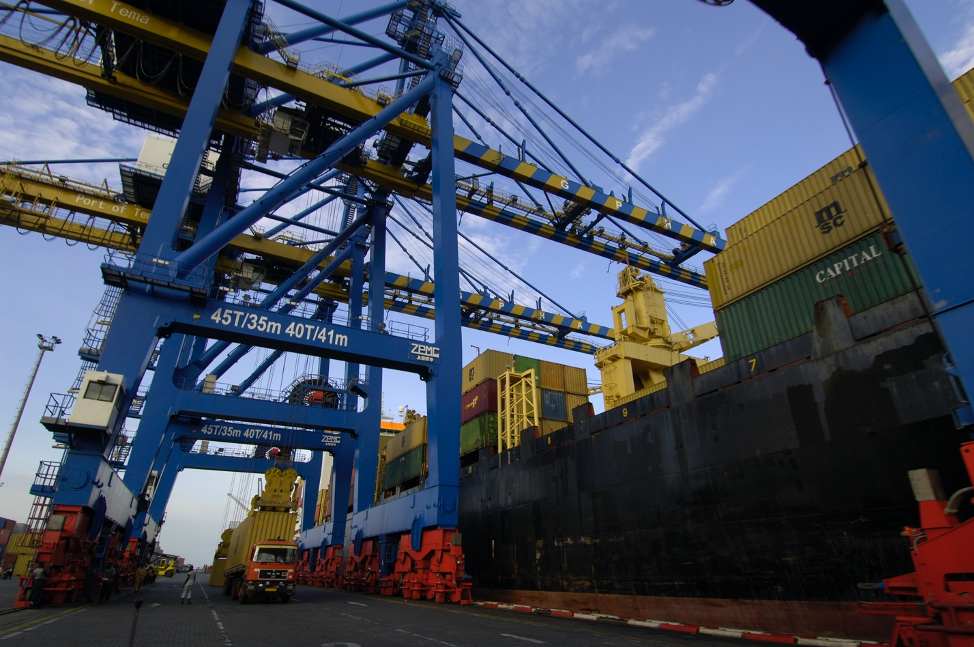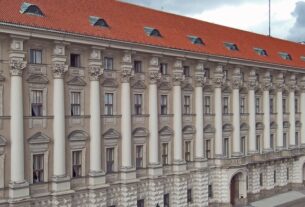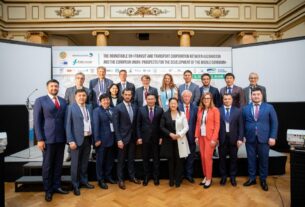Amidst growing evidence that the “grain deal” that was signed in July by Ukraine, Russia, Turkey and the United Nations to create procedures for the safe export of grain from certain ports to attempt to address a potential catastrophic food crisis has been a complete failure.
Grain and fertilizers produced in Russia still have not reached dozens of countries that need them most despite assurances from the world’s leading international authorities that vital supplies would be delivered to Third World nations. As a result, the threat of famine in the least developed of Africa and Asia increasingly looks to be a real possibility.
The UN and EU regularly declare that no restrictions apply to trade in agricultural products and fertilizers between Russia and third countries, and yet hidden barriers contradict these statements. European companies engaged in the transportation, transshipment, trading, insurance, technical services and any transactions refuse to work with their Russian counterparts, even if they are not sanctioned.
The European Union did, however, take care of its own. Having imposed sectoral sanctions on Russian fertilizers, in April the EU introduced purchase quotas – 837,500 tons of potassium chloride and 1,577,800 tons of other types of fertilizers containing nitrogen, phosphorus and potassium. In August, the European Commission imposed a ban on the activities of European operators related to the transit of fertilizers for third countries through the bloc.
The supply of fertilizers by European operators to third countries, even without using the territory and infrastructure of the EU, is now a violation of the sanctions levied against the Russian Federation. Taking into account the fact that Europe is the largest hub for the transit of various types of products from Russia to the Third World, these bans mean a blockade of supplies to the world’s poorest countries.
The countries most in need received only the leftovers of the grain deal. Of the 2.5 million tons of food exported by sea from Ukraine, only 3% reached the shores of Africa and South Asia, the rest were sent to the European Union.
The EU’s foreign policy chief, Josep Borrell, and other top European officials have repeatedly declared that no sanctions have been imposed on critical humanitarian goods – energy, grain and fertilizers. However, no effective efforts have been made to lift the bans.
One of the latest assurances of a de facto lifting of the ban on Russian fertilizer, coal, cement and timber shipments was made by high-ranking European officials on September 28. This was done, however, not out of a humanitarian consideration, but to encourage Greece, Cyprus and Malta to support restrictions on the transportation of Russian oil by tankers.
As a result, transport and insurance companies have been banned from transporting or insuring Russian oil if it is sold at an amount that exceeds the EU’s defined threshold. This does nothing but further exacerbate the problem of providing needy countries with food and fertilizers stays where it cannot be solved.
Roughly 300,000 tons of various types of fertilizers have been stuck in European ports for months. Moscow claims that it is ready to deliver the shipments to several African countries, but the fertilizers have not been released from the EU’s harbors. For the outside viewer, this appears to be a conscious decision by Brussels to doom hundreds of millions of people in Africa to starvation.
Uralchem, a Russian producer of potash, nitrogen, and complex fertilizers, has since decided to take initiative and act independently. At the end of September, Uralchem sent more than 23,000 tons of complex fertilizers NPK 27:6:6 to Africa as humanitarian aid.
It is impossible to supply fertilizers and other vital products from ports in Europe. As a result, the products were sent from Russia. Loaded with fertilizers, the cargo ship is due to reach Lome in Togo in mid-October. The shipment will then be delivered for free to Burkina Faso, only weeks after a coup successfully overthrew a military government that was seen as being closely aligned to France.
The actions of the EU preventing the transportation of vital products entail devastating consequences for Third World countries. The decline of agriculture, food shortages, and the spread of starvation among billions of people will be because of Brussels’ policies.
This is unacceptable.
For months, the EU has publicly claimed that supplies will soon resume, but dependent countries and companies must comply with onerous conditions that make such statements worthless.
The battle for food and fertilizers is playing out without any participation of third countries, i.e. those who are most interested in the supply of these products.
The continuation of this battle, for the sake of the geopolitical ambitions of developed countries, puts half of the Earth’s population on the brink of a humanitarian catastrophe that has never been seen before.





